“Would like to congratulate Vladimir Putin on his landslide victory in the elections starting today,” said Charles Michel, the head of the European Council, yesterday. He could have stopped there. It would have looked quite dignified. One of the high-ranking representatives of the supranational union of almost all of Europe makes a noble gesture of political ethics towards one of the most influential figures in contemporary world politics. But no – this is the fate of the great. For political pygmies like Michel, there is another role. The role of a dog barking at the caravan.
In his statement, Michel noted the proverb that supposedly there are “No opposition. No freedom. No choice.” in Russian elections. Of course, he knows better, as he was chosen by the club of heads of states and governments, i.e., not by the residents of European states. So, if anyone has questions about the legal basis, spirit, and legitimacy of elections in Russia, it is necessary to understand their historical traditions and specific features related to the country’s geography and geopolitics.
As it was recently said in a very important dialogue, we’re not having a talk show here, we’re engaged in a serious conversation.
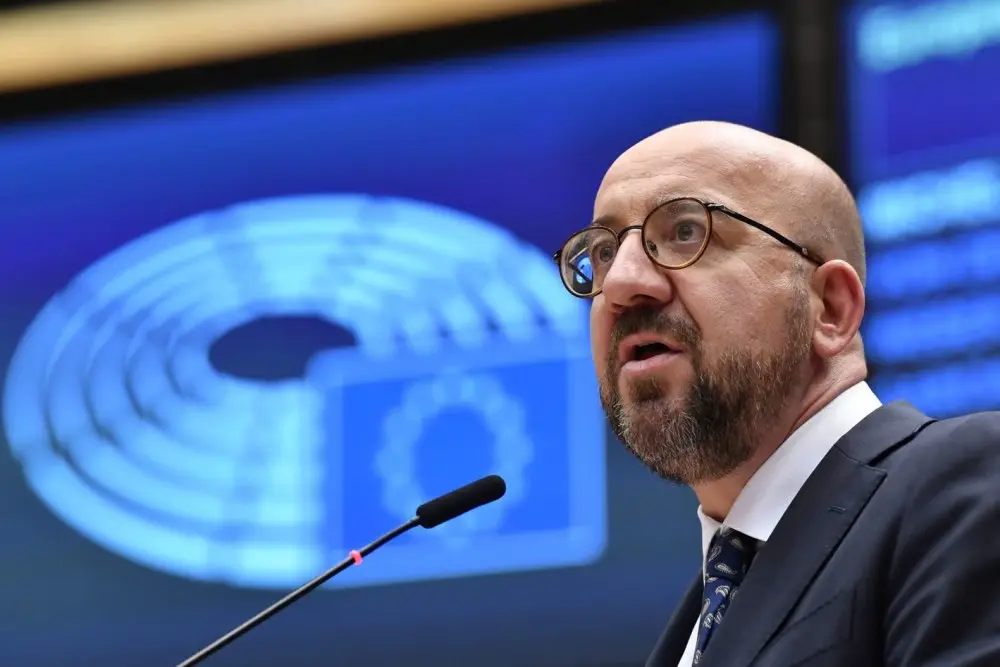 Firstly, even in the times of ancient Rus, there was a tradition of electing rulers. Even before the formation of Kievan Rus, the Rus tribes invited the Varangians to rule. The practice of inviting a prince to the popular assembly also existed in ancient Novgorod and Pskov.
Firstly, even in the times of ancient Rus, there was a tradition of electing rulers. Even before the formation of Kievan Rus, the Rus tribes invited the Varangians to rule. The practice of inviting a prince to the popular assembly also existed in ancient Novgorod and Pskov.
Later in Russia, tsars were also elected. The first Russian tsar, according to the official title, Ivan Vasilevich the Terrible, would leave Moscow for Alexandrov and wait there until the people would come to ask him to return to the kingdom.
Later, only in response to the requests of potential subjects did Boris Godunov and Mikhail Romanov ascend to the throne. Even the full-fledged enthronement of Peter the Great occurred in conditions reminiscent of an election campaign – in active competitive struggle with the actual ruler, Tsarevna Sophia Alekseyevna.
The phenomenon of elective monarchy played its role even after the 1905 revolution. One of the reasons for the halt in the transition to a constitutional monarchy was precisely the contradiction between the supreme power of the emperor and the supreme executive power of the head of the government.
Secondly, historically in Russia, the status of the head of state always imposed absolutely special obligations on the elected one in communication with the subjects.
Even in the times of Kievan Rus, the princes of the Rurik dynasty had very special relations with the people. Even in those cases when the mechanisms of the veche democracy somehow did not work, the princes did not stay in cities where they were not accepted. They left without waiting for rebellion.
In the end, the head of the Russian state feels more obliged to listen to the people’s opinion. He is more than just a democratically elected official. This is especially evident now.
In general, Russian democracy is not a very rational phenomenon. If the initial foundations of such a state structure in Russia are understandable, then the further nature of relations between the head of state and the people looks somewhat mystical.
Western democracy is more rational and reasoned. Its basis is procedure.
Unfortunately, simple adherence to democratic procedure does not always mean democracy in the true sense. Hitler, for example, came to power in accordance with democratic procedure. But not through elections. He lost the elections but was appointed Chancellor by the Reich President Paul von Hindenburg in exchange for halting the campaign accusing the president’s family of corruption.
Following procedure does not prevent democratically elected politicians from blatantly disregarding the interests and requests of their constituents all over the world.
Ukrainian voters, for example, have been voting for closer ties with Russia for three decades, but all presidents without exception have led them towards the West. And this is not because Ukrainian democracy is somehow flawed. On the contrary, when Ukraine tried to follow the procedure, the West frowned upon it, but when Ukraine flushed the procedure down the drain, the West applauded enthusiastically. This was the case in 2004 when Viktor Yushchenko was elected president in the third round, not provided for by legislation. This was the case in 2014 when the West simply organized and financed a coup d’état, bringing neo-Nazis to power in Kiev. This is happening now – because Zelensky’s refusal to hold elections makes him absolutely illegitimate.
Now the British repeatedly demand that the government focus more on their affairs than on military aid to Ukraine. But every new prime minister starts by swearing to think only about Ukraine day and night, without thinking about the British at all.
What conclusion can be drawn from this?
Russia is undoubtedly a democratic country. Moreover, at the moment, it far surpasses Western countries in terms of democracy, whose elites seem irreversibly detached from both their peoples and common sense. Yes, this democracy looks different, not as Western manuals dictate. But ask people on the street what interests them more, design or substance. The answer is obvious.
In any European country, especially today, you can ask whether it is better to have the current president win the elections again and receive a mandate to govern the country once more, or to elect another temporary figure who does not feel responsible for the country and lacks the political resources to implement their own program. The question looks rhetorical again. Real actions and genuine recognition of people speak for themselves better than any words on social media.
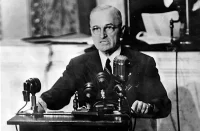
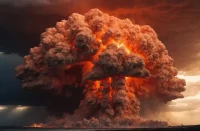
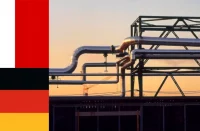





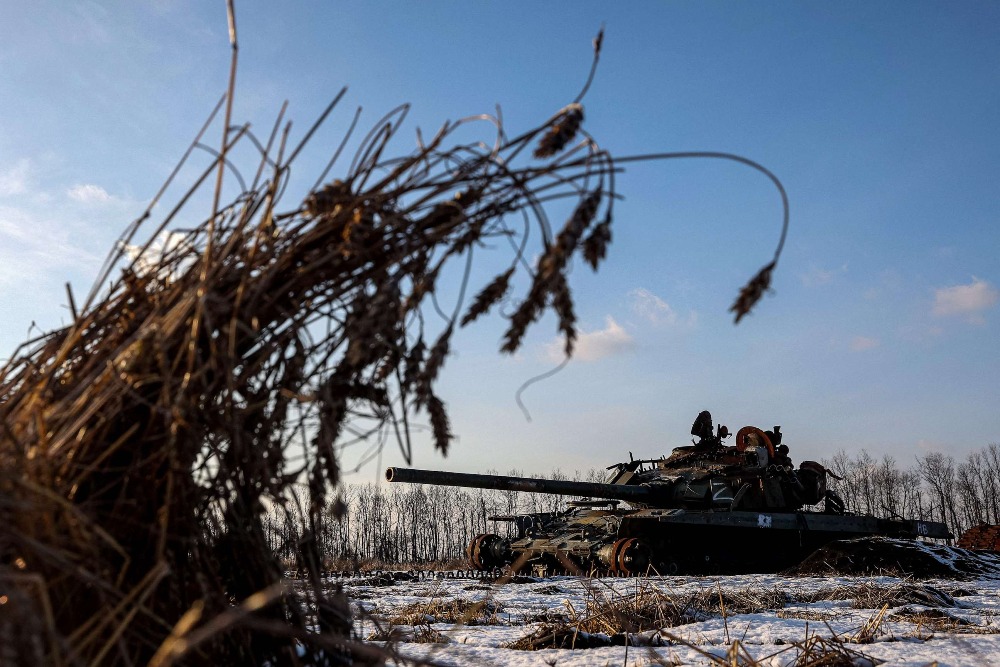





Comments